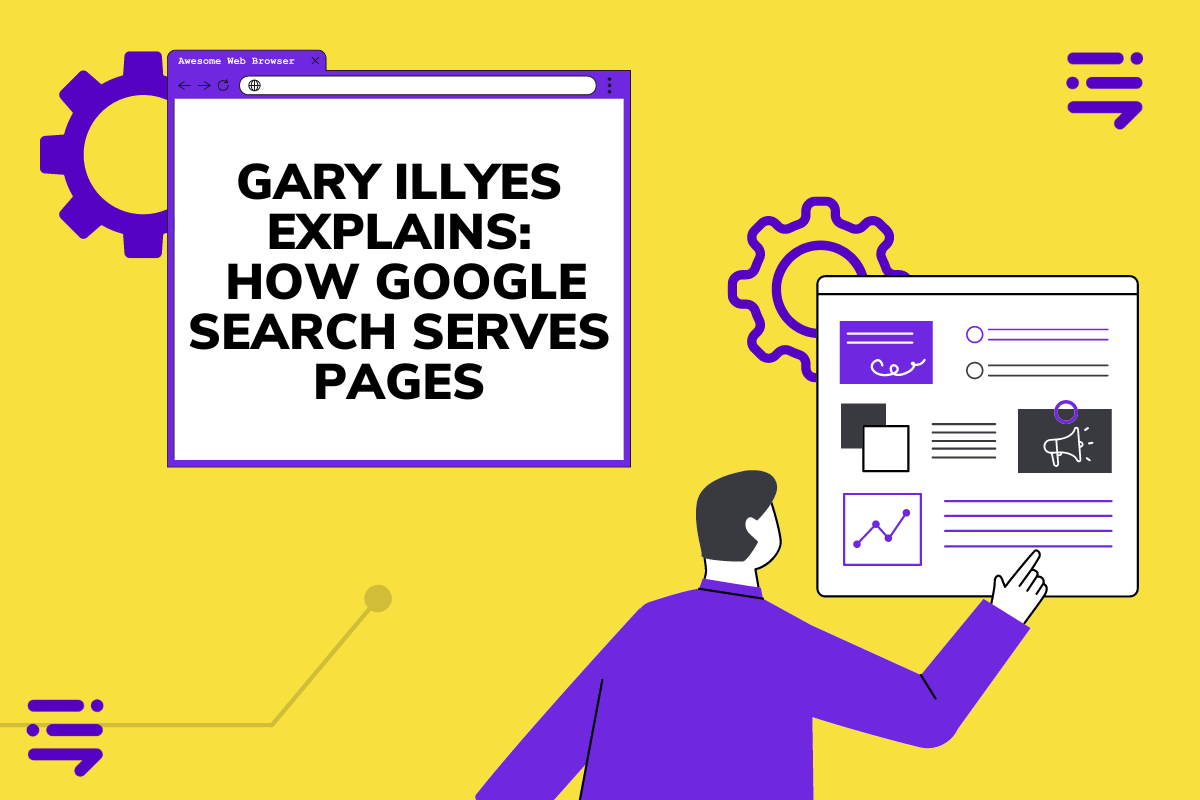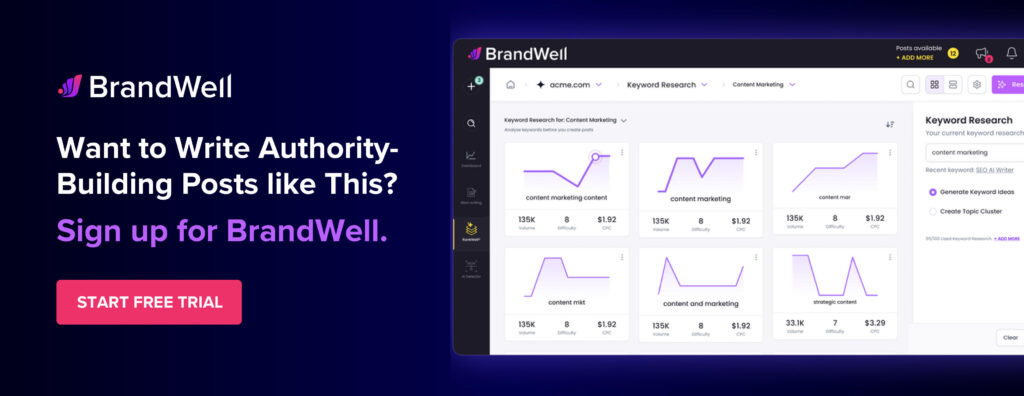Discover top guides, trends, tips and expertise from AIO Writers

Ever wonder how Google Search sifts through mountains of information to deliver the perfect answer?
In the latest episode on Google Search Central’s YouTube channel, SEO wizard and Google Search engineer, Gary Illyes, dives into how search queries are processed to deliver spot-on results.
Now, let’s dive into the nuts and bolts of how Google Search whips up pages for us:
Table of Contents:
- Understanding Google’s Ranking Goals
- Personalization in Google Search
- The Role of Stop Words in Query Processing
- Expanding Queries for Comprehensive Results
- The Indexing Process
- Determinants of Search Result Ranking
- Tailored Search Features Based on Queries
- Insights from Gary Illyes on Google’s Search Mechanics
- Conclusion
Understanding Google’s Ranking Goals
You’ve probably wondered how Google decides which pages to show at the top of your search results. It all comes down to their primary goal: giving you the most relevant, trustworthy, and high-quality content possible.
Let’s break that down a bit.
The Importance of Quality and Trustworthiness
Google doesn’t want to send you to just any old website. They prioritize pages that have accurate, reliable information from authoritative sources.
Think about it – when you search for something important, like medical advice or financial tips, you want to know you can trust what you’re reading. Google gets that, so they work hard to weed out the sketchy stuff and showcase content from reputable experts in the field.
Relevance in Search Results
Of course, even the highest quality content is useless if it’s not actually relevant to what you searched for. That’s why Google looks at a bunch of factors to determine how well a page matches your query.
It’s not just about having the right keywords – Google also considers things like your location, search history, and current trending topics to serve up results that are tailored to your specific needs and interests.
Personalization in Google Search
Speaking of tailoring results, did you know that Google customizes your search experience based on what it knows about you? Yep, things like your previous searches, browsing behavior, and even your physical location all play a role.
So if you and your friend search for the same thing, you might see slightly different results based on your individual user profiles. Pretty cool (and maybe a little creepy), right?
The Role of Stop Words in Query Processing
Have you ever noticed how Google seems to just “get” what you’re looking for, even if you don’t use the exact right words?
Part of that magic happens through something called “stop word” removal.
Basically, Google ignores common filler words like “the,” “and,” or “of” that don’t really add meaning to your search. By stripping out these unnecessary bits, they can focus on the key terms that matter most for delivering relevant results.
Expanding Queries for Comprehensive Results
Google doesn’t just take your search query at face value – they also look for related terms and concepts to help flesh out the results.
This “query expansion” is why you might search for something like “best running shoes” and get results mentioning things like “top athletic footwear” or “jogging sneakers.”
By considering these semantic connections, Google can surface relevant pages you might not have found otherwise.
The Indexing Process
So how does Google decide which pages to include in the running for those top spots?
It all starts with indexing – basically, adding a page to their massive database of web content.
But not every page makes the cut. Google is picky, evaluating factors like relevance, uniqueness, and overall quality before giving a webpage its golden ticket to the index.
Determinants of Search Result Ranking
Okay, so a page is indexed – now what? How does Google determine its final ranking?
Turns out, there’s a lot more to it than just plugging in keywords and calling it a day.
Google looks at hundreds of factors, but some of the biggies are relevance (how well the page matches the searcher’s intent), content uniqueness (no one likes a copycat), and overall page quality (think experience, expertise, authority, and trustworthiness – known as E-E-A-T).
They also consider things like the user’s location, device, and even past search history to serve up the most relevant results for that specific person at that specific moment.
Tailored Search Features Based on Queries
Have you noticed how Google’s search results page can look totally different depending on what you search for?
If you look up a local restaurant, you might see a map and reviews.
Search for a movie, and you’ll probably get showtimes and a knowledge panel with cast info.
This is because Google has all sorts of nifty search features that they can mix and match based on the type of query.
The goal is to give you the most helpful information for your specific need, whether that’s a quick fact, a deep dive, or something in between.
Insights from Gary Illyes on Google’s Search Mechanics
Want to go even deeper into the nitty-gritty of how Google Search works? Watch Gary Illyes covering everything from interpreting query intent to evaluating content quality, sharing insights that SEOs and content creators won’t want to miss.
While some of it gets pretty technical, the key takeaway is that Google is constantly working to better understand what users want and deliver the best possible results.
As Illyes put it, “We try to understand what the query is about and what the user is trying to achieve.”
Key Takeaway: Google’s goal? To hit you with the most relevant, top-notch content out there. They dig into quality, trustworthiness, and how well a page vibes with what you’re searching for. Plus, they tailor your search results based on your past online moves and where you are. It’s all about getting pages that match your needs to the T.
Conclusion
Well, there it is! We’ve explored the intriguing universe of Google Search, uncovering what makes some results stand out from the rest.
Google’s all about putting great content first and figuring out exactly what you’re looking for, making sure the info you need lands in your lap just when you need it most.
So, don’t forget: Google Search never stops getting better, so watch this space for all the cool updates and discoveries that are on the way!

UNLOCK YOUR POTENTIAL
Long Headline that highlights Value Proposition of Lead Magnet
Grab a front row seat to our video masterclasses, interviews, case studies, tutorials, and guides.



